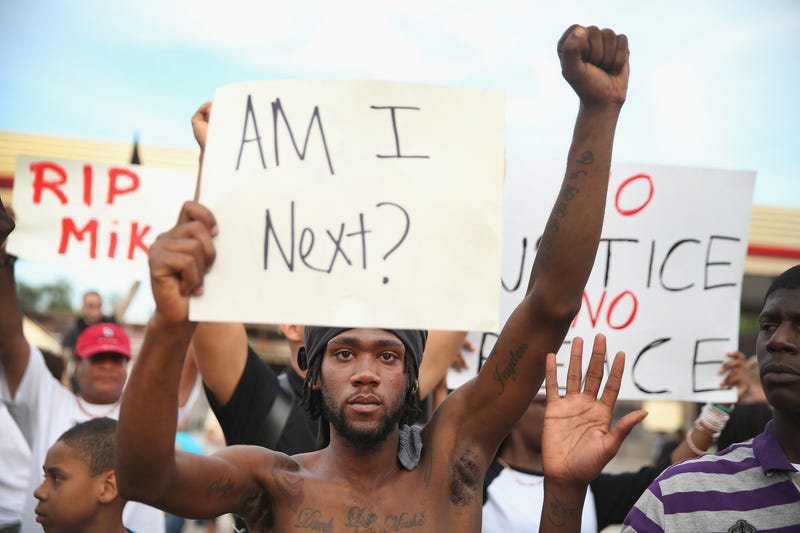General understandings of time tend generally, but wrongly, to conflate change with progress. In Snead’s writing, however, he parses out the implications of repetition and change, particularly along the black/white racial distinction, in such a way that challenges an oversimplified, direct relationship between change and progress. Most effectively, Snead advocates that changes does not necessarily indicate progress, and, instead links black repetition with historical value, as opposed to white change/cultural cycles with capitalist values: “Black culture highlights the observance of such repetition, often in homage to an original generative instance or act … In European culture, financial and production cycles have largely supplanted the conscious sort of natural return in black culture,” (65-66). With these statements, Snead, whether intentionally or not, sheds light on the problem of white folks appropriating and coopting black culture, without understanding its resonance or implications. For the purposes of Snead’s argument, black and white cultures essentially function in a condition of opposites: black culture preserves the past, and white culture generates revenue for the future. When broken down this way, Snead’s thesis makes it obvious why the appropriation of repetitious black culture by people who don’t understand the “homage to an original .. act” essentially robs cultural elements of anything but their pure aesthetic value (65).

